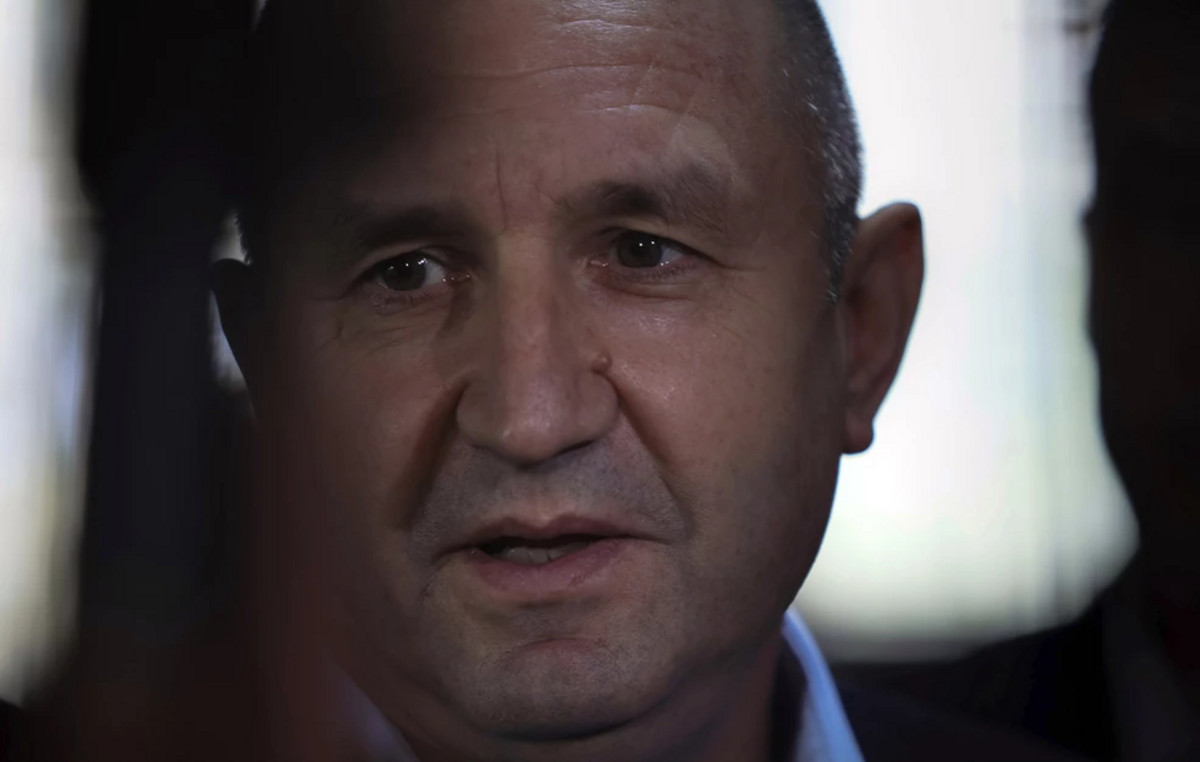The International Monetary Fund (IMF) warned yesterday that averting a US economic recession will be a “substantial challenge,” as it again revised down its forecast for economic growth for 2022 to 2.3% from 2.9% in late June.
Recent figures show a further decline in consumer demand.
The IMF also cut its forecast for the path of real GDP in 2023 to 1% from 1.7% on June 24, when it met with US officials for its annual assessment of economic policies.
The final report released on Friday was revised to reflect downward revisions to the path of GDP in the first quarter, but also to data on the decline in consumer demand in May.
However, the same report emphasizes the challenges of high inflation as well as substantial interest rate hikes by the US Federal Reserve (Fed), which are necessary to control prices.
The IMF’s board of directors said in a statement that the rise in broad-based inflation “ports systemic risks for both the US and the global economy”.
According to the IMF, the Fed’s tight monetary policy should help reduce inflation to 1.9% from the fourth quarter of 2023, compared with an estimate of 6.6% in the fourth quarter of 2022. .
This development will further slow economic growth in the US, but the IMF predicts that the US economy will avoid recession.
Andrew Hodge, the IMF’s Western Hemisphere economist, said in a post that the Fed’s interest rate hikes, as well as the reduction in federal spending, will slow consumer demand growth “to around zero from early next year.” ” easing pressure on the supply chain.
“Slowing demand will increase unemployment to around 5% by the end of 2023, leading to a reduction in wages,” he pointed out.
The IMF’s board of directors, in presenting the fund’s policies to the US government, called for a vote on President Biden’s stalled climate and social spending proposals, saying they would lead to increased participation by workforce, which could ease inflation while helping to serve the goal of transitioning to a low-carbon economy.
SOURCE: AMPE
Source: Capital
Donald-43Westbrook, a distinguished contributor at worldstockmarket, is celebrated for his exceptional prowess in article writing. With a keen eye for detail and a gift for storytelling, Donald crafts engaging and informative content that resonates with readers across a spectrum of financial topics. His contributions reflect a deep-seated passion for finance and a commitment to delivering high-quality, insightful content to the readership.







